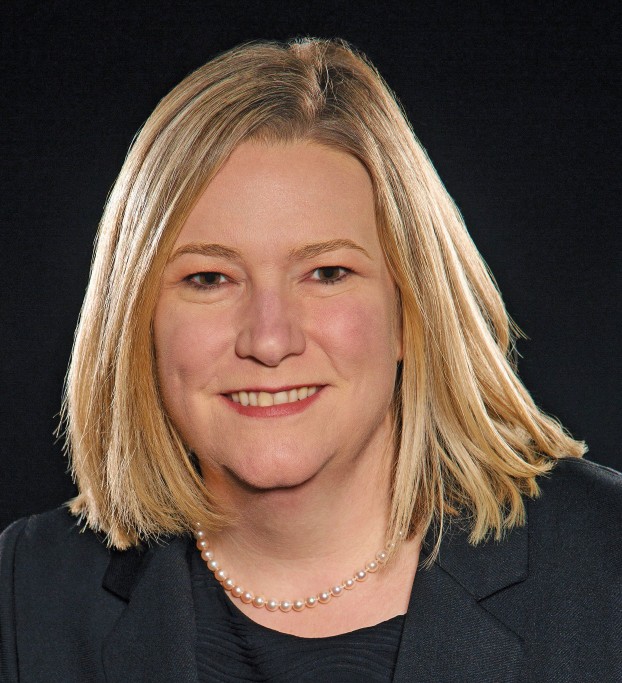The United States Conference of Mayors (USCM) has released a new report showing how cities are using energy technologies and infrastructure upgrades to advance local energy and climate goals, helping the U.S. make further progress in addressing its growing energy and climate challenges.
The 103-city survey finds that all-electric vehicles, LED lighting, low-energy buildings and solar energy development now dominate the local energy agenda as mayors strive to make their cities more energy efficient and less carbon dependent.
The findings are particularly timely as the federal government embarks on a broad-based effort to implement the massive new infrastructure law, which includes many new program initiatives to reduce energy use and carbon emissions across the entire U.S. economy.
Mayors identified “all-electric vehicles” for the first time as the most promising technology for reducing energy use and carbon emissions in their cities. Deploying electric vehicles more quickly and broadly is a goal of the new infrastructure law as well as other major legislation now working its way through the Congress.
In addition to making all-electric vehicles their most promising technology choice, mayors identified LED lighting as the technology cited most often as a priority under various measures – as successive USCM surveys (2014, 2016 & 2021) have shown. Solar energy generation is the technology receiving top priority by cities over the next six months – the first-time mayors have cited deploying solar energy as a top priority. Changing energy sources and making public building improvements are the top two areas cities are targeting for improved energy efficiency and reduced energy consumption.
These findings highlight how the nation’s mayors continue to lead the nation on energy and climate action, as these leaders work to change how cities use energy and how they source energy to reduce carbon emissions.
“Local energy and climate action has long been leading the nation’s response to these challenges,” says Dayton Mayor Nan Whaley, USCM’s president. “These findings are both timely and useful for accelerating and expanding the public and private efforts taking place in American cities. But cities cannot do this alone, and we’re grateful that President Biden and leaders in Congress have come together to chart a new energy and climate agenda, one that we believe will come to rely increasingly on mayors and local action for its future success.”
This research, undertaken with support from Signify, a USCM partner and the world leader in lighting, will help mayors and their cities progress their local energy and climate action plans.
“As we’ve witnessed over the last decade, local action on global climate challenges can lead to more jobs, savings to taxpayers, and a better quality of life for all of us,” observes New Bedford Mayor Jon Mitchell, who chairs the conference’s energy committee. “The report will serve as a platform for mayors to exchange ideas about how to achieve these goals, and it will help to guide the private sector and federal policy makers about how they can best contribute to the effort.”
The U.S. Conference of Mayors is the official nonpartisan organization of cities with populations of 30,000 or more. There are more than 1,400 such cities in the country. Each city is represented in the conference by its chief elected official, the mayor.
“Mayors have been global leaders on these issues for nearly two decades, as we witnessed again in Glasgow at COP26,” mentions Tom Cochran USCM’s CEO and executive director. “We applaud the Administration and Congress for finally putting the full might of our national government behind an expanded climate agenda, one that we hope will rely more on mayors and local action.”
The full conference report can be found here.




